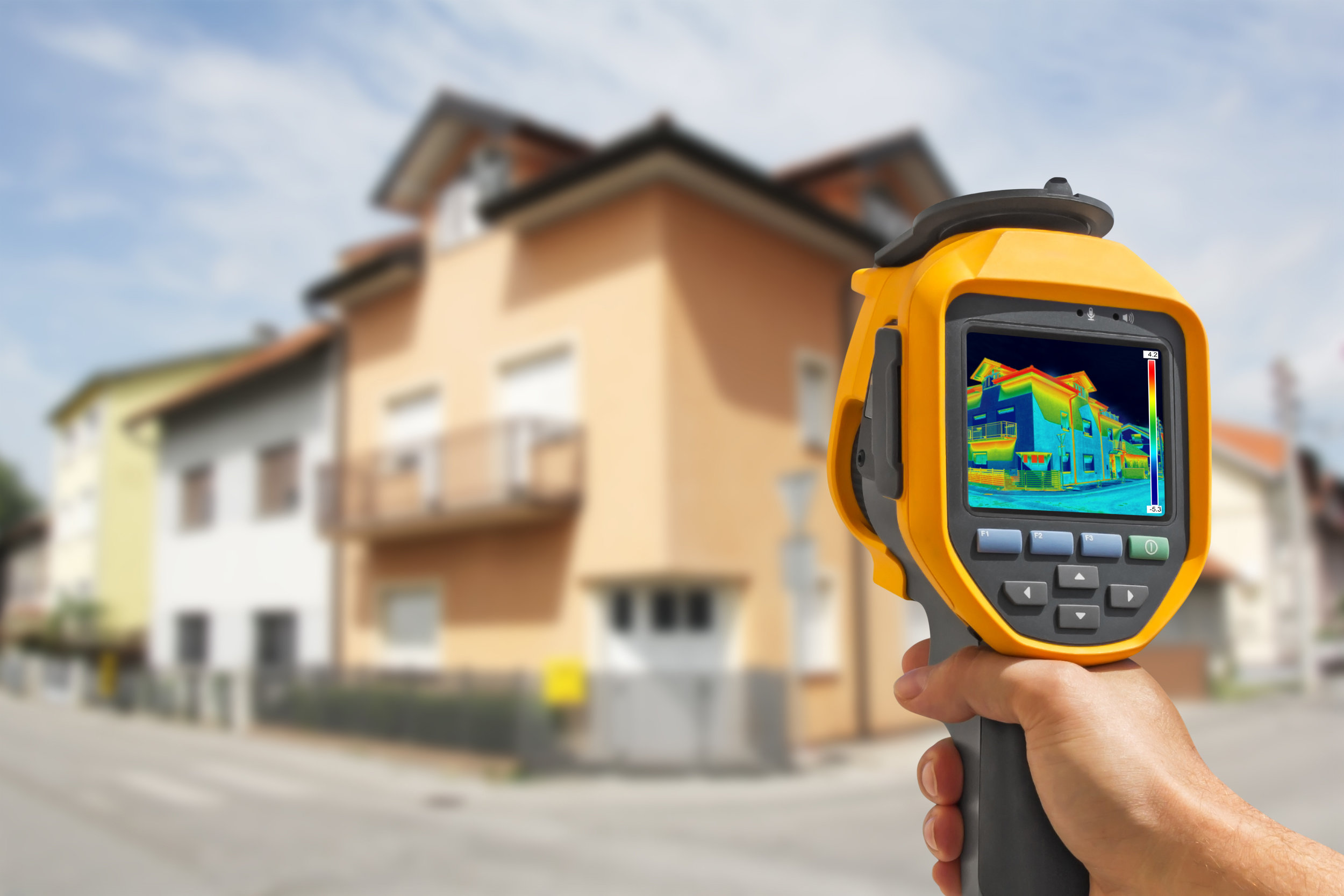If you're in the market for a new house, it's always wise to ensure no underlying issues or concerns. One way to do this is by getting an inspection from someone who specializes in such matters - like mold inspections!
Mold can grow anywhere if given the right conditions and environment, so why not be proactive? While we all know how dangerous toxic molds can be, many people don't realize that some types of benign ones may also cause allergic reactions among sensitive individuals. That's where professional inspectors come into play: they help identify any potential problems before disaster strikes and find solutions when necessary without ever having put their clients at risk themselves.
Mold can be found and identified through an investigation of the exterior walls, floors where water may have leaked or been spilled onto flooring materials like carpet, wood plankings on hardwood-floors among other areas at risk for developing moisture issues such as drywall joints between interior walls, framing members around windows or doors inside rooms with high humidity levels near heat sources including furnaces and fireplaces. Our team has expertly trained personnel ready to inspect these surfaces thoroughly using specialized equipment designed specifically for finding this type of dangerous fungus quickly without causing further damage than necessary.
When Do You Need A Mold Inspection?
A mold inspection is typically required when you are purchasing a new home. This will ensure that there are not any hidden dangers or issues with the property before committing to buying it.
A mold inspection can be necessary in many cases. Still, one of the most common reasons for needing this service is when someone has purchased a house and wants to make sure everything looks okay beforehand so as not to waste time on problems later down the line. When you need to know if anything is lurking in your walls. Mold has the potential to grow anywhere, but for some reason, it loves porous surfaces like drywall and plasterboard textures - which are often found on ceilings or behind cabinetry. And when conditions get right, mold can spread very quickly from one building area where water damage is present into other parts that have not yet been affected by moisture intrusion, again due mainly to its affinity with these materials. A thorough inspection will help identify any problem areas so they may be corrected before more widespread problems occur down the road!
Why Choose Us
What are the signs that you might have mold in your home? You may notice a musty smell or discolored spots on your walls. If so, then it's time to get an inspection! These experts will let you know if there is any sign of potential problems and help find solutions for getting rid of them quickly. This way, whether just inside one room or throughout the entire house, nobody has to deal with this stress ever again.





